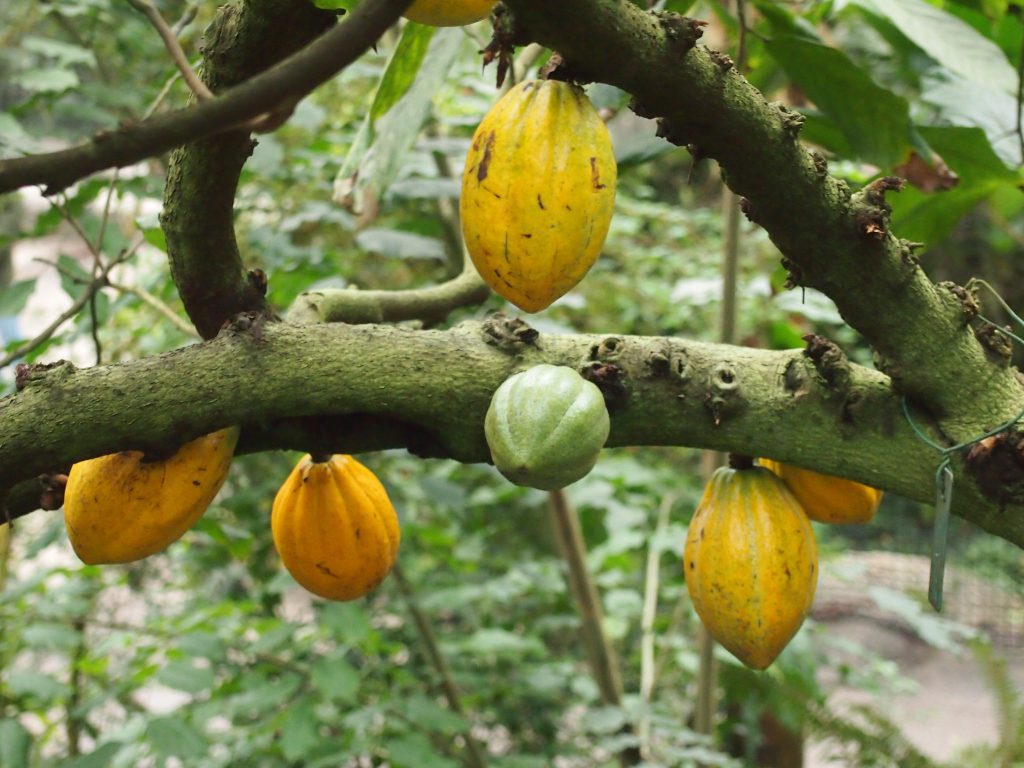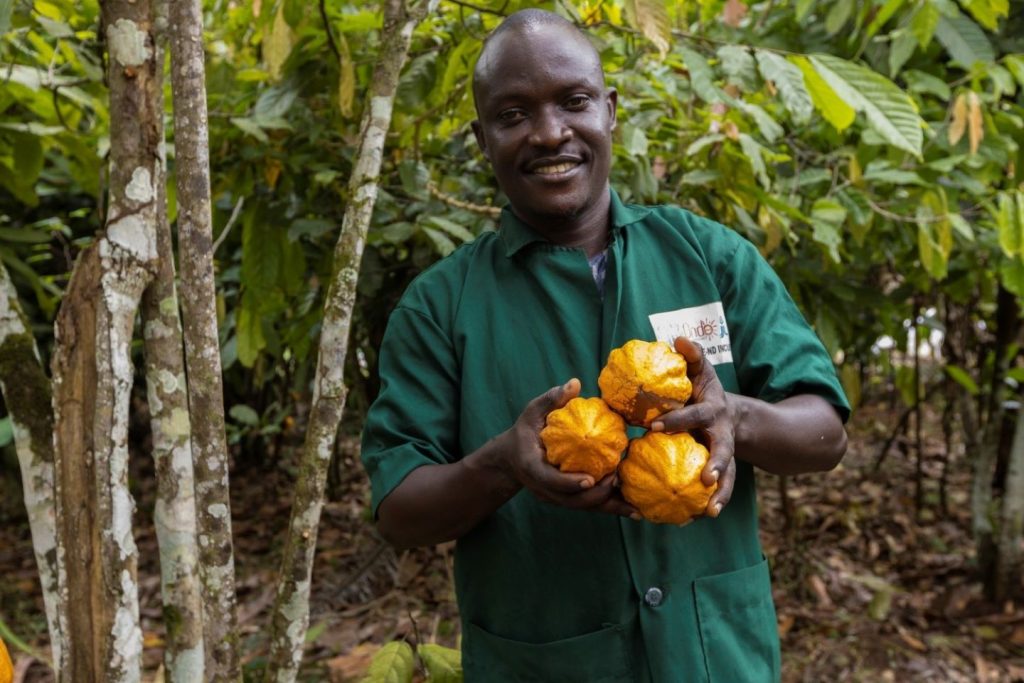In the heart of Nigeria’s cocoa belt, a quiet revolution is unfolding. Young professionals, once confined to city offices, are returning to their ancestral lands, drawn by the allure of cocoa farming. Dubbed the “cocoa boys”, these individuals are revitalising rural economies and redefining success through sustainable agriculture.
The resurgence of cocoa farming
Cocoa prices have experienced an unprecedented surge, climbing from approximately US$2,200 per metric ton in 2022 to nearly US$11,000 in the late 2024. This dramatic increase is attributed to decreased output in major producers like Cote d’Ivoire and Ghana, coupled with rising global demand (Reuters, 2025).
Nigeria, with its fertile lands and favourable climate, is poised to capitalise on this opportunity. In regions like Ikom, Cross River State, the impact is palpable. Young Nigerians, including former engineers, bankers, and scientists, are embracing cocoa farming, driven by the promise of lucrative returns and a sustainable lifestyle.
Why youth are embracing cocoa farming
1. Economic incentives
The profitability of cocoa farming now rivals, and in some cases surpasses, traditional white-collar jobs. With minimal startup costs and the potential for substantial returns, it’s an attractive venture for enterprising youth.
2. Access to land
Local customs in cocoa-producing regions often allow individuals with ancestral ties to acquire farmland easily, facilitating the transition to agriculture.
3. Supportive infrastructure
Institutions like the Cocoa Research Institute of Nigeria (CRIN), are experiencing increased demand for seedlings, indicating a supportive environment for new farmers.
The role of sustainable agriculture
The shift towards cocoa farming isn’t just economically motivated; it’s also about embracing sustainable agriculture. Modern farming techniques are being adopted to ensure environmental conservation and long-term viability.
Modern farming techniques
Training programmes are equipping farmers with knowledge on best practices, from pruning to post-harvest handling. These techniques, not only increase yield, but also ensure the sustainability of cocoa farming (Rikolto, 2024).
Environmental conservation
By focusing on sustainable practices, farmers are contributing to environmental conservation, ensuring that cocoa farming doesn’t come at the expense of Nigeria’s rich biodiversity.

Challenges
Despite the boom, official cocoa output statistics remain stagnant, potentially due to large-scale smuggling up to 200,000 tons annually. The influx of new farmers has driven up local living costs, reshaping economic dynamics in cocoa-producing areas.
Opportunities
The Federal Government’s approval of a bill to establish the National Cocoa Council aims to regulate and support the industry, providing a structured framework for growth. Investments, such as the US$40.5 million from Great Britain’s development finance institution to expand cocoa processing capacity, signals a commitment to the sector’s development.
Frequently asked questions
1. What is the current price of cocoa?
As of late 2024, cocoa prices have reached nearly US$11,000 per metric ton, a significant increase from previous years (Reuters, 2025).
2. Why are young professionals turning to cocoa farming?
The combination of high profitability, access to land, and supportive infrastructure makes cocoa farming an attractive option for young Nigerians seeking sustainable livelihoods.
3. How is the government supporting cocoa farmers?
Initiatives like the establishment of the National Cocoa Council and investments in processing facilities demonstrate governmental support for the cocoa industry.
Conclusion: A golden opportunity
The cocoa boom presents a unique opportunity for Nigeria to bolster its economy, promote sustainable agriculture, and empower its youths. By embracing modern farming techniques and focusing on environmental conservation, the “cocoa boys” are not only securing their futures, but also contributing to the nation’s growth. For aspiring farmers and investors, now is the time to explore the huge potentials of cocoa farming. With the right support and commitment, Nigeria can solidify its position as a leading cocoa producer on the global stage.



